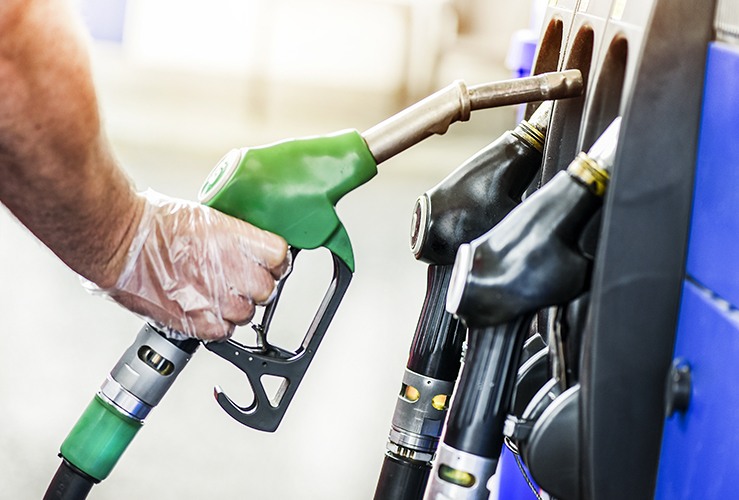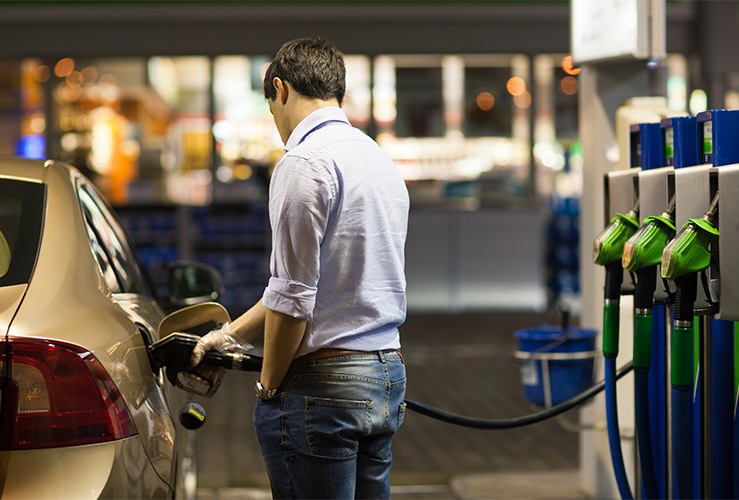Wondering if your car's engine will perform better if you upgrade to premium petrol from E10 (formerly standard unleaded)? Well, it depends on your vehicle.

E10 - the new standard unleaded petrol (95 octane)
In September 2021 the UK government replaced standard unleaded petrol (previously E5) with E10,although E10 has been an option for some time.
E10 fuel comprises around 10% bioethanol and 90% petrol, and has a 95 octane rating. It emits less carbon than the old standard unleaded petrol and has been used on mainland Europe, Australia and North America for years.
The environmental benefits of E10 were a key reason why the UK government made the switch.
However, some motorists have reported a drop in performance and fuel economy since switching to E10. Engine “sputtering” has also been reported.
Since 2011 all new cars destined for the UK market have been E10 compatible by law, meaning around 95% of UK petrol-powered vehicles should be able to use the fuel.
But it is estimated that more than 600,000 vehicles in the UK are not compatible with E10.
E10 replaced E5 as the standard fuel type. E5 has 5% bioethanol compared to 10% in E10.
Premium Unleaded (95 RON)
This is suitable for most petrol engines and is available across Europe. While it is called premium, it is effectively the ‘standard’ petrol type.
Super Unleaded (97/98 RON)
This petrol has an octane rating of 97/98, and is designed for higher performance cars - i.e some Japanese imports or Porsches. However most vehicles will not see any tangible benefits.
Premium fuels (E5 - ‘super’ grade 97+ octane)
The world's oil companies are of course keen to maximise their profits, and one way they do this is by persuading you to pay a little more for 'premium' fuel.
Such products also go by names such as Shell V-Power and BP Ultimate or otherwise contain the term 'high octane' in their promotional materials.
These types of fuels are known as E5 fuels, and have an octane rating of 97+.
Octane ratings
Almost invariably, premium petrol will possess a higher 'octane' rating than normal petrol.
The key chemical component of petrol is 'octane' - and the higher the octane, the more effective a fuel will be in a higher-compression engine (as found in a high performance car).
Premium or ‘super’ petrols have an octane rating of 97+.

Premium petrol and diesel products have been designed for high performance cars, so if you own a 2018 Ford Fiesta, for example, your engine or overall performance is unlikely to benefit.
If you have something a little sportier, however, such as a Porsche, there may be tangible benefits to upgrading to premium, namely: better performance and potentially fewer engine problems over the long term.
Lower octane fuels
In some countries the octane rating is lower than 95 and if you fill up your UK car with this then you may experience 'knocking' - a situation whereby the engine cylinder air-fuel mixture does not burn off fully. A rough sounding engine is the likely result, although prolonged use of lower octane fuel might eventually cause engine failure.
The same problem may occur if a high performance car uses normal 95 octane petrol when premium has been recommended.
What about premium diesel?
Higher quality or premium diesel contains chemicals that (it is claimed) reduce soot and oil build up in your engine. Examples of premium diesel fuels include BP Ultimate Diesel with Active Technology and Shell V-Power Diesel.
In most cases the octane rating is unchanged, since diesel engines don't actively ignite fuel (instead they work by compressing air which heats to such a high degree that it ignites spontaneously).
The type of fuel you should use should appear on your filler cap. It will also be listed in your car's handbook.
If you no longer have your handbook, you may be able to download a digital version from the manufacturer’s website.
In theory, and as a general rule of thumb, non-high performance cars should be able to use E10 (formerly regular/premium unleaded, 95 octane) without any issues. Even high performance cars should be able to run sufficiently well on it (for example, the Jaguar F-Type was developed to run on 95 octane fuel).




